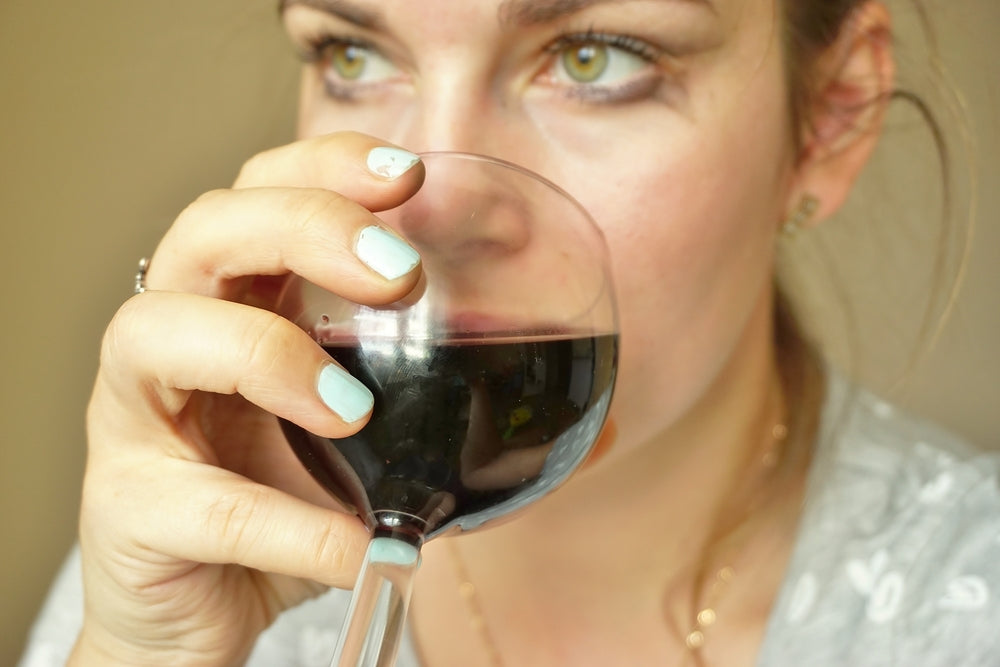
5 Ways Alcohol Can Harm Your Skin and How to Counteract This
If you decided to forego booze last month and kickstart 2024 the healthy way, I raise my glass to you. I wasn't quite so virtuous - January's hard enough as it is! Still, whether your preference is for full abstinence or simple moderation when it comes to drinking, there's no denying that cutting down offers huge health benefits.
According to Alcohol Change, who spearheaded Dry Jan, giving up alcohol can make you sleep better, improve your mental performance and even give you clearer skin.
Nutritionist Kim Pearson agrees. "We all probably drink a bit more than we'd like to admit. Drinking just two glasses a night can have a cumulative effect where you'll eventually end up looking older than a non-drinker. Alcohol is something lots of us enjoy but it really can be at odds with our quest for beautiful skin.”
So what exactly does alcohol do to our complexions? Listed below are the main side effects. And for those of us who have no intention of giving up a glass of champagne or our favourite tipple, we've included some strategies to combat the negative effects of drinking alcohol on the skin.
1. Dehydration
Alcohol increases water loss by suppressing the hormone vasopressin which helps us to reabsorb water. This can have a really drying effect on our skin – and can be the reason our skin feels dehydrated (and so will look more wrinkled) the morning after a boozy night. One of the first places we can notice this is around the eyes where the lines become more prominent.
What can help?
Try drinking a glass of water for every alcoholic drink you consume during your night out as this can help boost hydration levels in the skin. The morning after, use a good hydrating moisturiser or serum (such as one with hyaluronic acid) which can act like giving the skin a good drink of water and can instantly plump out fine lines.
2. Flushed complexion
Alcohol is a vasodilator which means it opens up the blood vessels. In the short term, this is why we can get instantly a bit red in the face when we drink. This is especially the case in midlife. Long term, if the blood vessels over-dilate they can burst and result in small broken red veins around the nose and cheeks. Alcohol (particularly red wine) can also be a trigger for rosacea flare-ups - which can be exacerbated at this time of year as there is a tendency to snuggle up near a fire or warm up in a hot bath or shower to combat the temperatures outside, which can make the problem worse.
What can help?
Short term, the makeup brand Rosalique has some effective redness-masking tinted moisturisers which can help if you know you’re prone to red skin. To treat rosacea, Dr Ophelia has bespoke Rosacea Day Serum and Rosacea Night Serums to help get rid of the problem. The products contain prescription-strength ingredients which will be tailored to your skin’s needs and can have much quicker results than over-the-counter remedies. Skin prone to redness or rosacea is often sensitive so it’s important not to use any products with fragrance.
As far as broken veins go, vascular lasers (such as the Nd:YAG or pulse dye laser) are the best treatment to get rid of these.
3. Puffiness
Acetaldehydes in alcohol (which occur when the alcohol is broken down in the body) can stop the lymphatic drainage system from working as efficiently as it should so the excessive sugars and carbs from alcohol can hang around the body for a longer time. This may result in a puffier-looking face or eyes. Acetaldehydes are also the chemicals which contribute to the symptoms of a hangover such as dizziness or headaches.
What can help?
Different alcohols have different levels of acetaldehydes. As a very general rule, the clearer the better: a non-grain-based vodka like potato vodka or tequila will get out of your system quicker than wine, beer or whisky which have higher levels of acetaldehydes.
For a de-puffing fix the morning after, you may want to try some lymphatic drainage massage, particularly around the jawline which can have a temporary draining effect.
4. Dark Circles and Dull Skin
Alcohol disrupts your circadian rhythm and the quality of your sleep so you can end up getting less REM sleep which is the most restorative stage of sleep. This can result in darker under-eye circles the morning after a night out where lots of alcohol has been consumed. Another effect of having less REM sleep is reduced cell turnover and reduced collagen production. People call it ‘beauty sleep’ for good reason! This is why skin can appear more dull and lacklustre after a night out.
What can help?
Using good skincare which includes some form of anti-oxidant and retinol can help with cell turnover and overall brightening of the skin. Fraxel laser skin resurfacing treatments can add terrific radiance to the skin and are often the go-to pre-Red Carpet treatment (with the downtime factored in) for many A-listers.
For dark eye circles, Dr. Ophelia makes a compounded Eye Serum that contains prescription-strength actives; Tretinoin and hydroquinone. In-clinic treatments for under-eye dark circles can greatly be helped by an injectable treatment such as Polynucleotides. The injections are strategically placed under the eye area and can also improve fine lines, wrinkles and thin crepey-looking skin as they stimulate collagen production. Fraxel Dual laser is a resurfacing laser that can specifically target the fine lines, wrinkles and darkening around the eyes. Thermage FLX can also be done as a targeted eye treatment to help tighten and lift drooping eyelids.
5. Breakouts
The high levels of sugar in alcohol may trigger certain hormones which cause an overproduction of oil in the skin. Combined with the spiking insulin levels that cause inflammation, this can be a recipe for spots or breakouts.
What can help?
Gentle cleansing and using products that aren’t too thick and occlusive can help with breakout-prone skin. If you’re looking to fix more long-term acne or spots, you may want to try Dr Ophelia Acne Day and Night serums which have impressive results with all age groups. They are prescription-strength bespoke products including niacinamide, salicylic acid, zinc sulphate, tretinoin, clindamycin and azelaic acid to reduce inflammation, blemishes and breakouts.
Shop Bestsellers

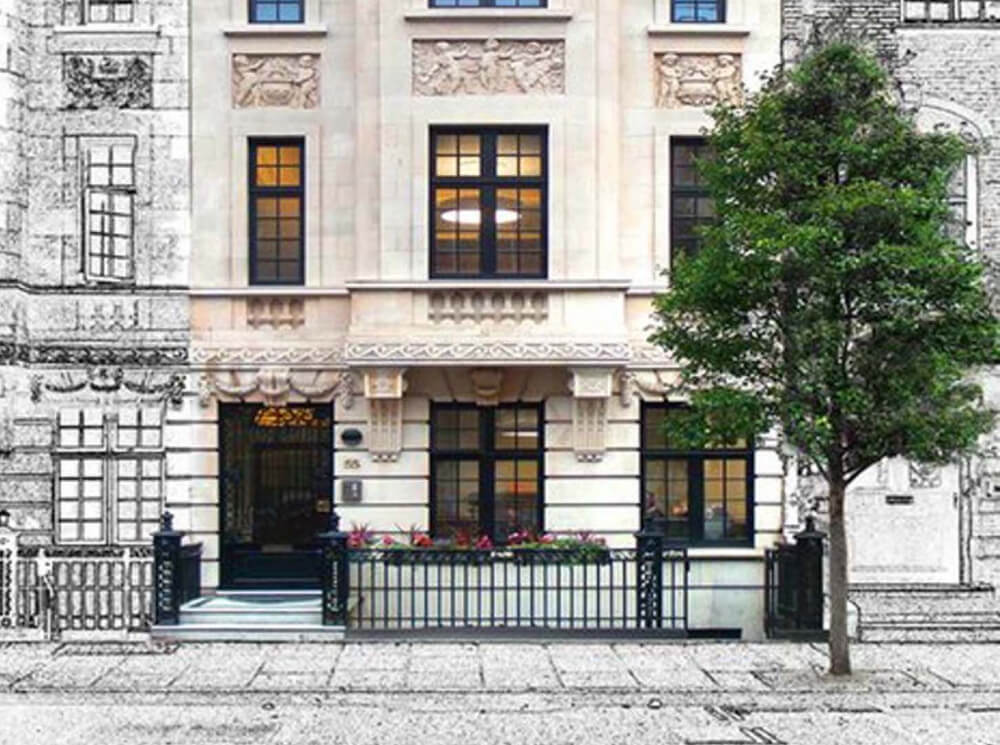
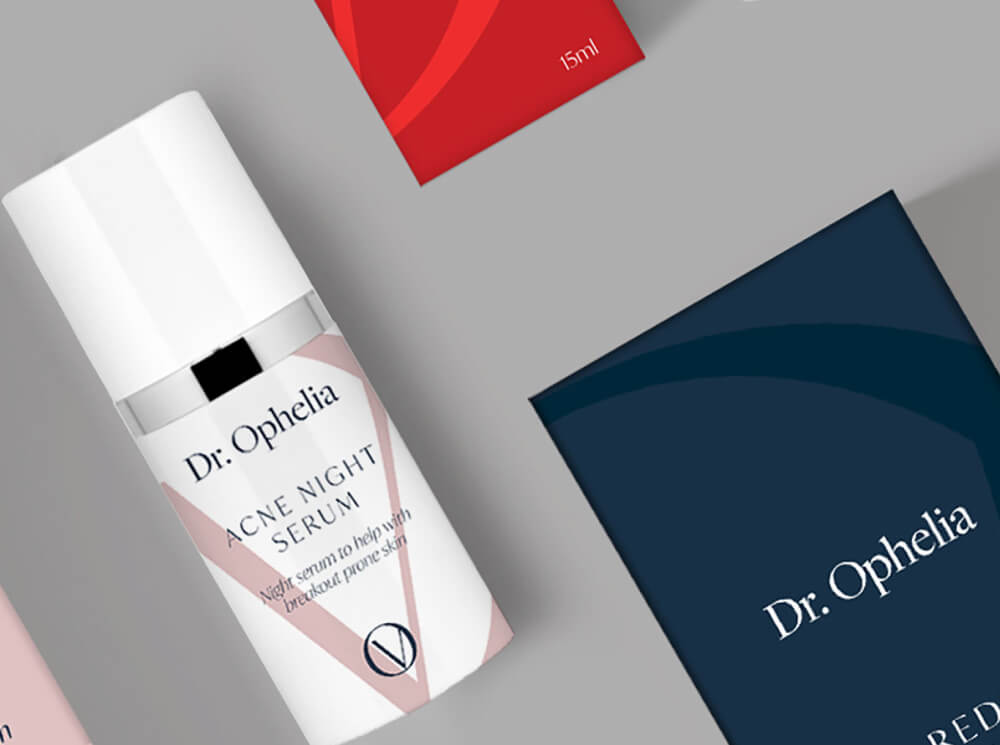
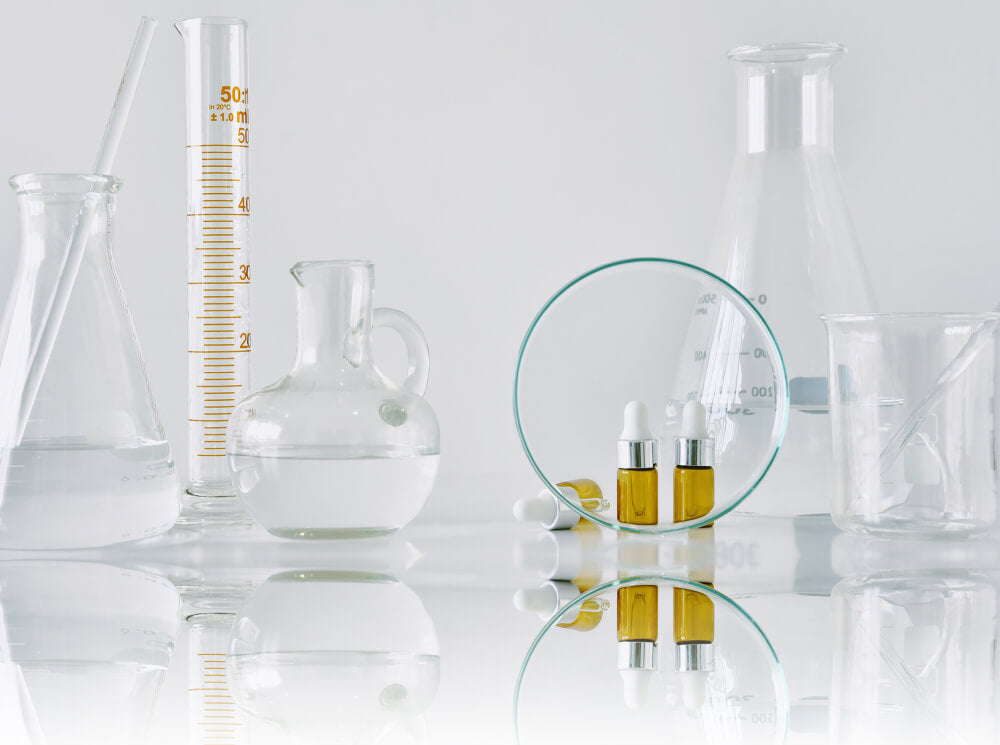
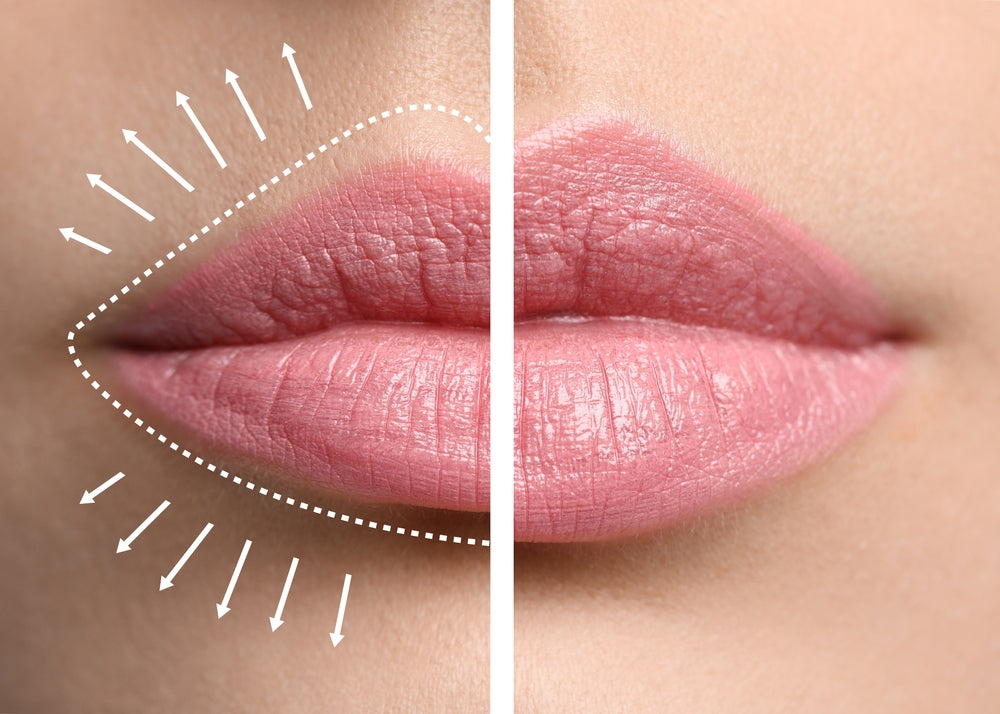
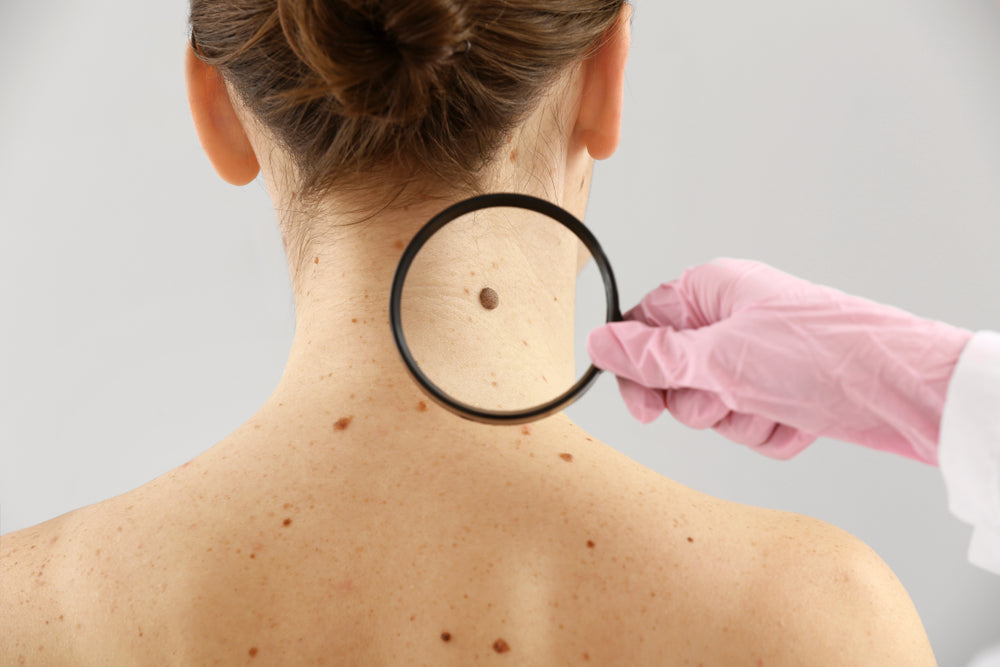
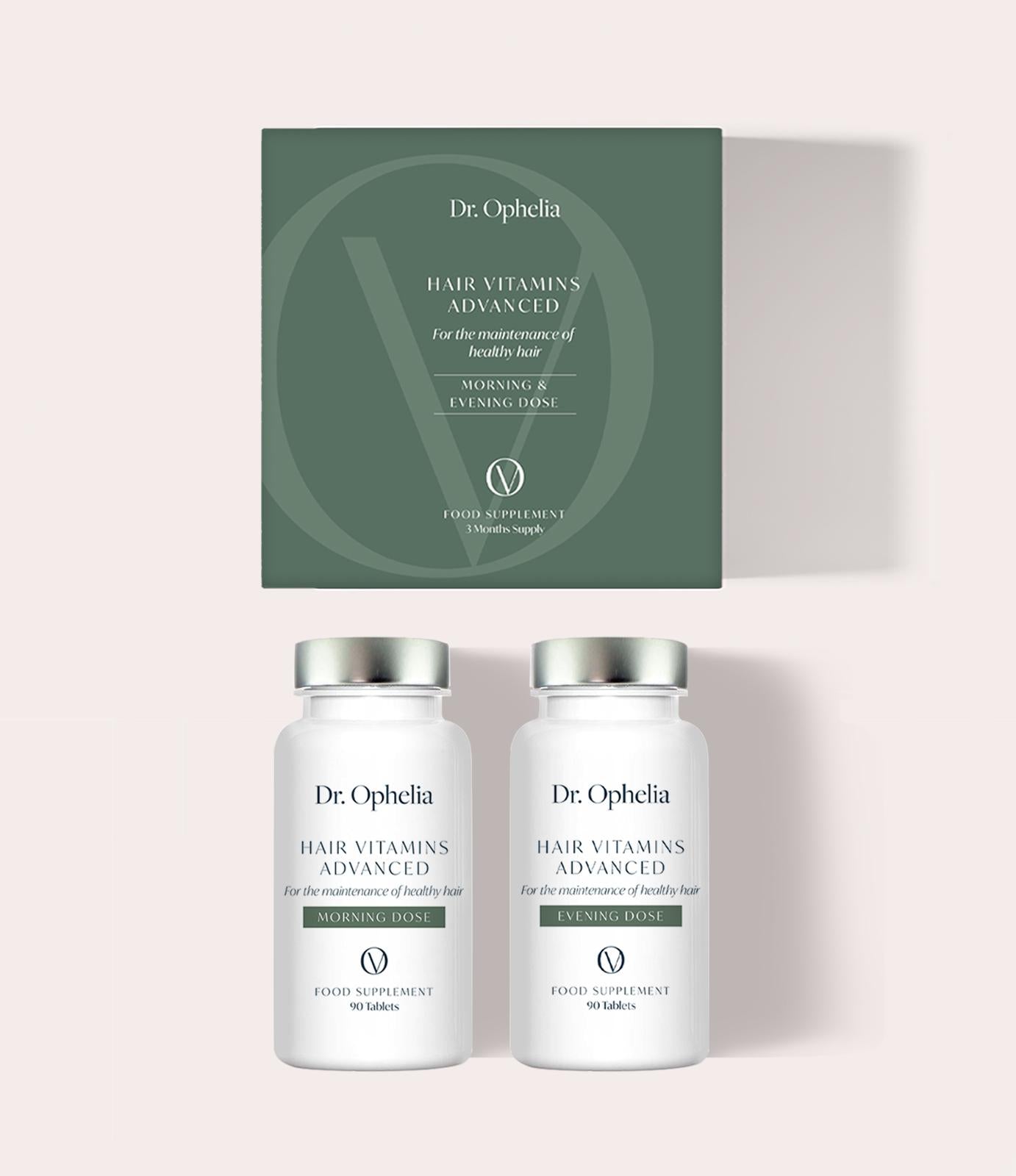
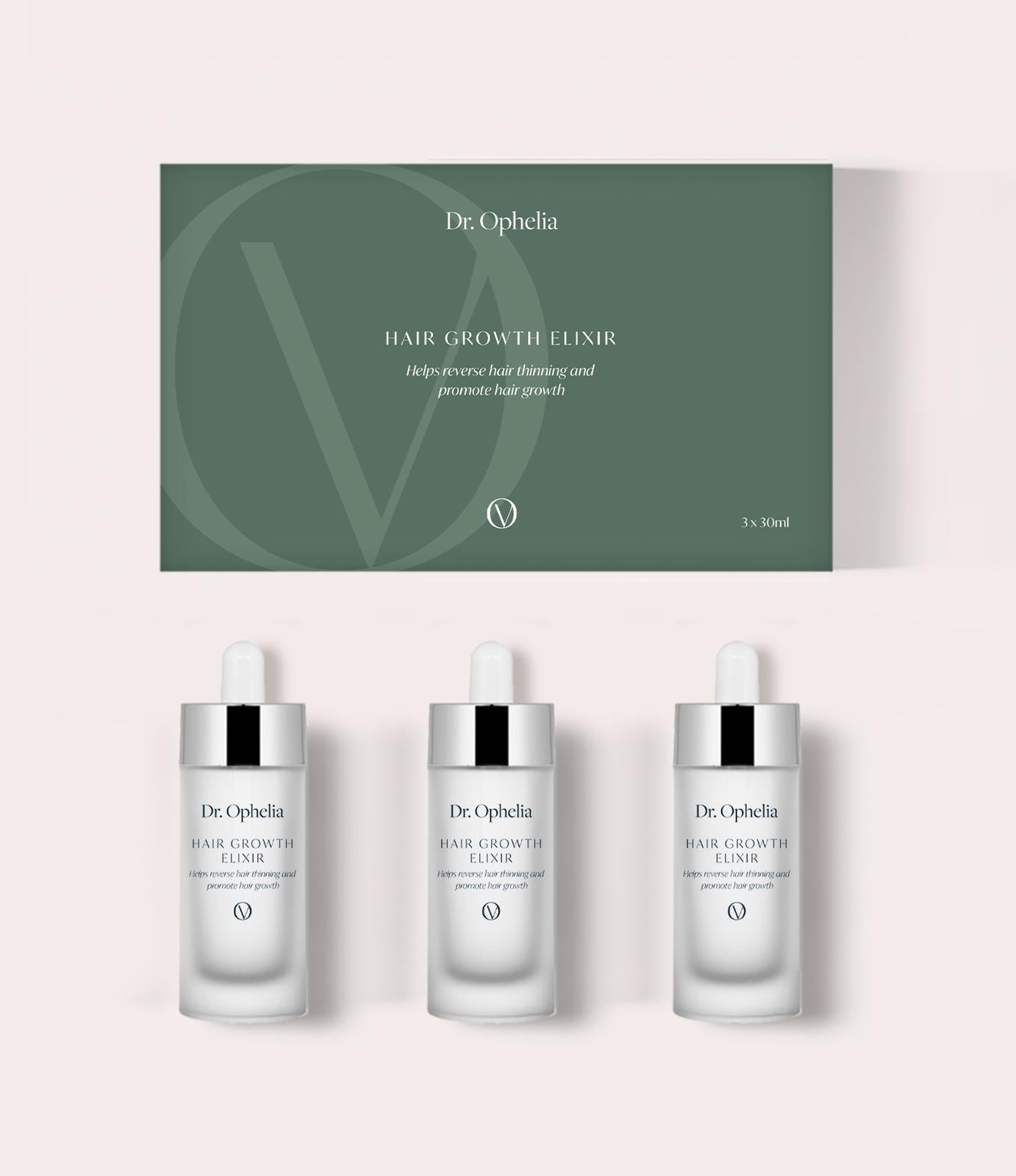
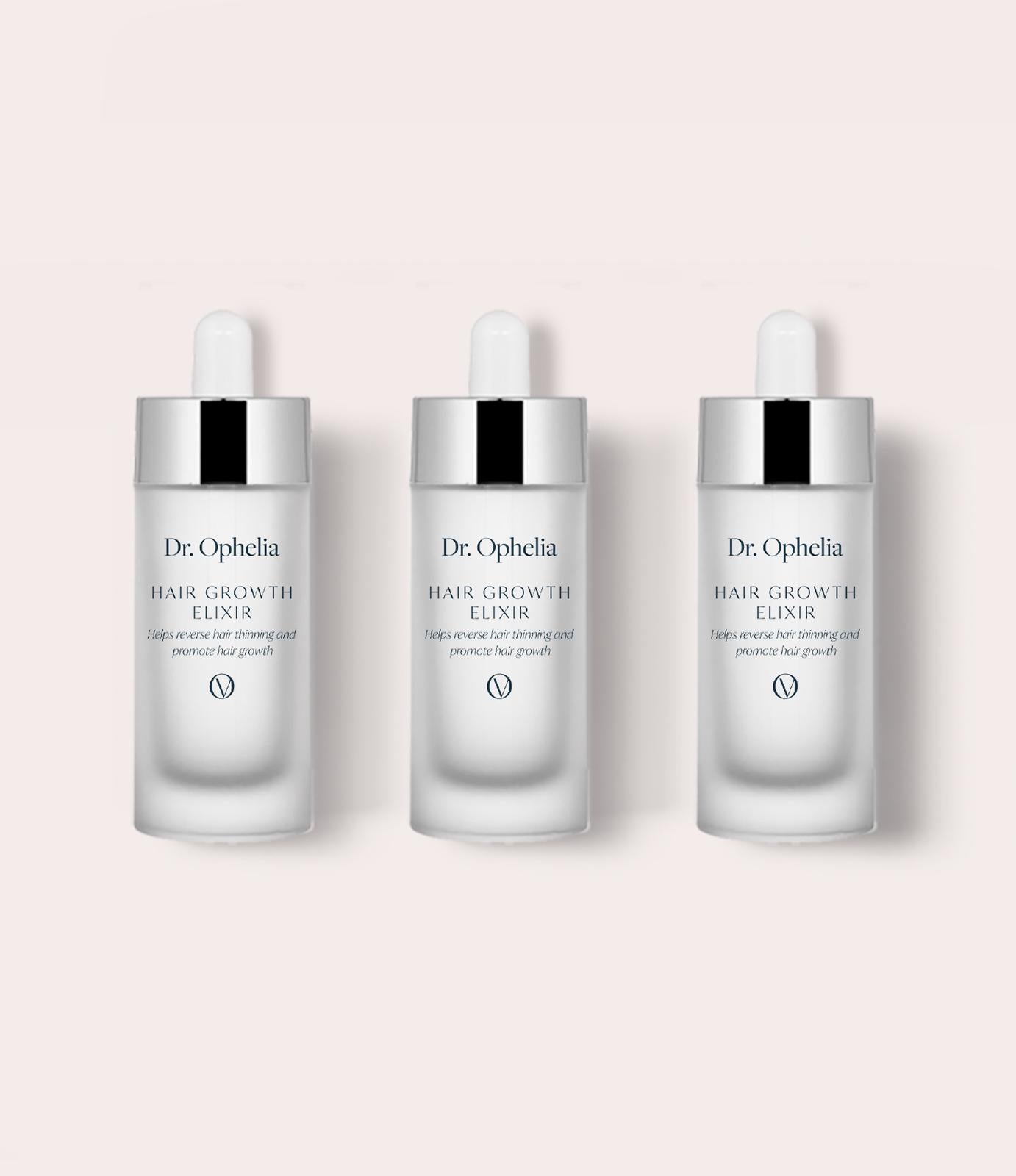
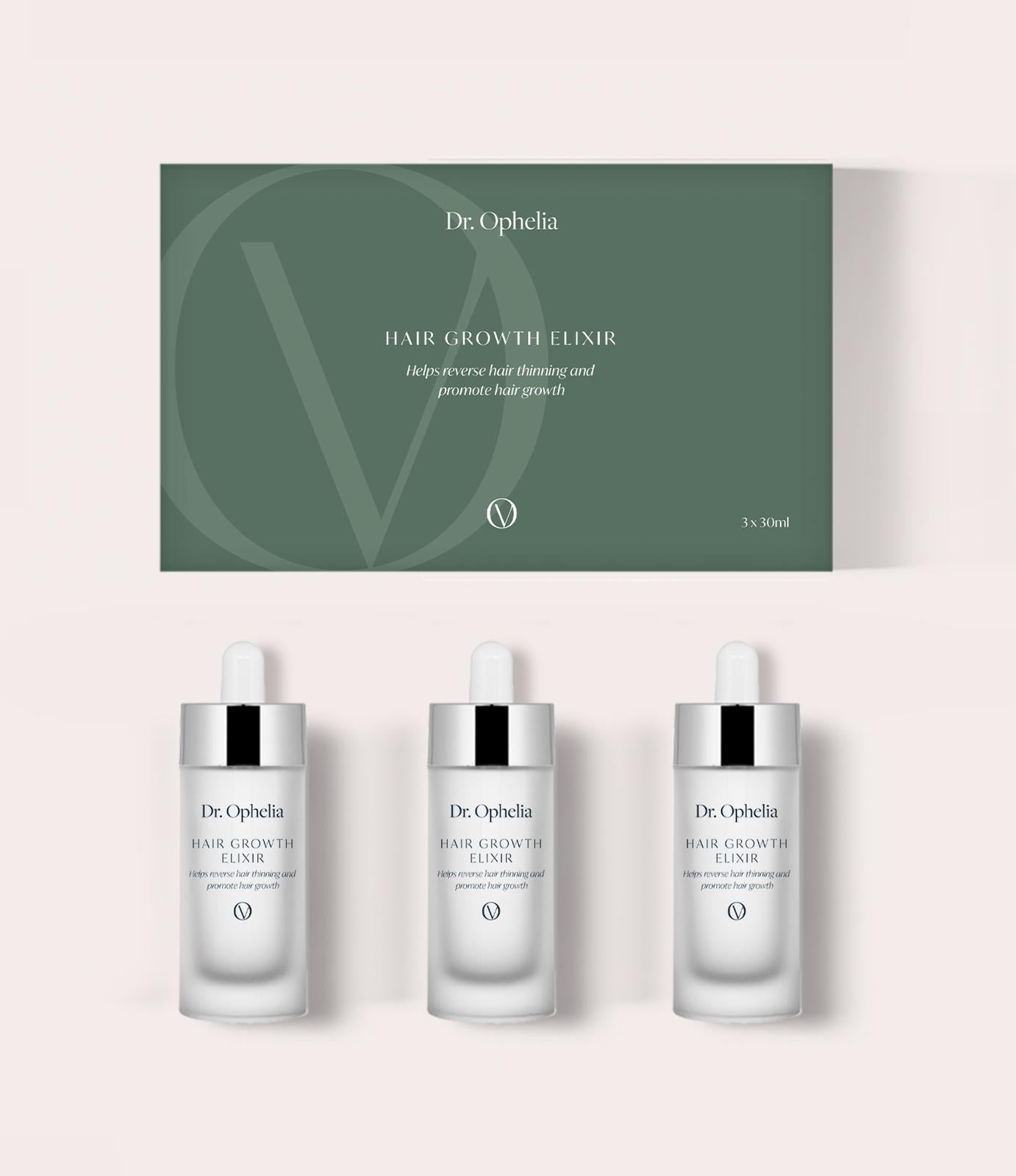
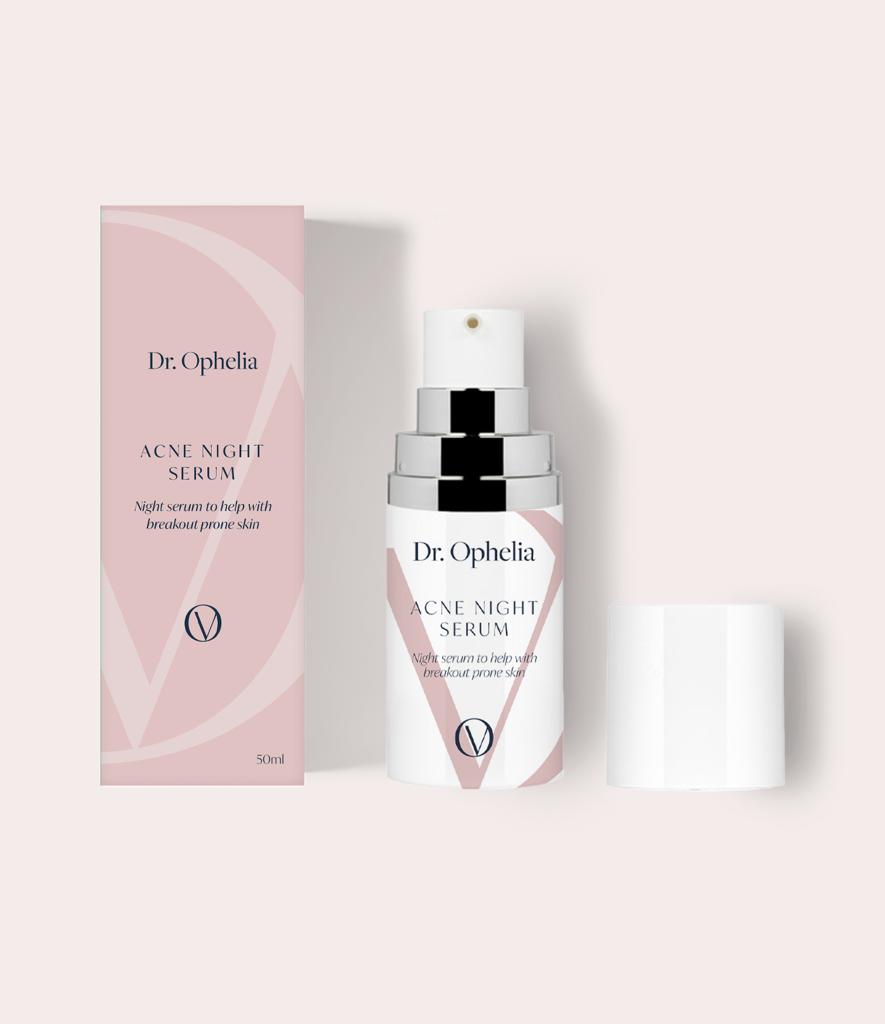
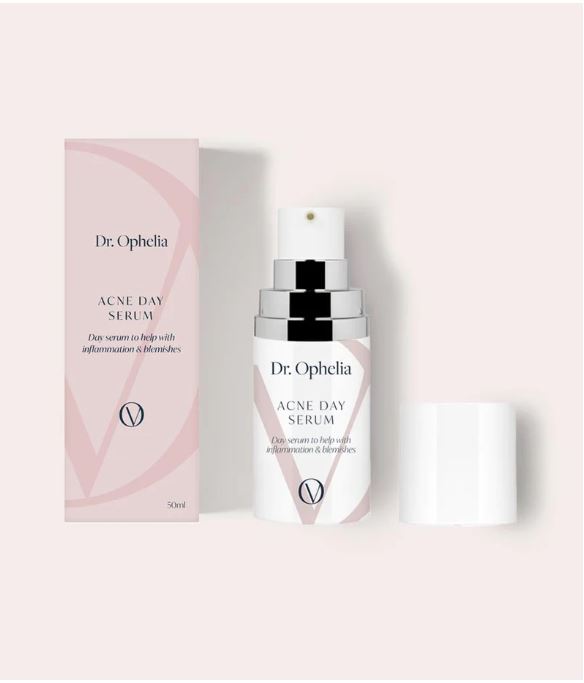
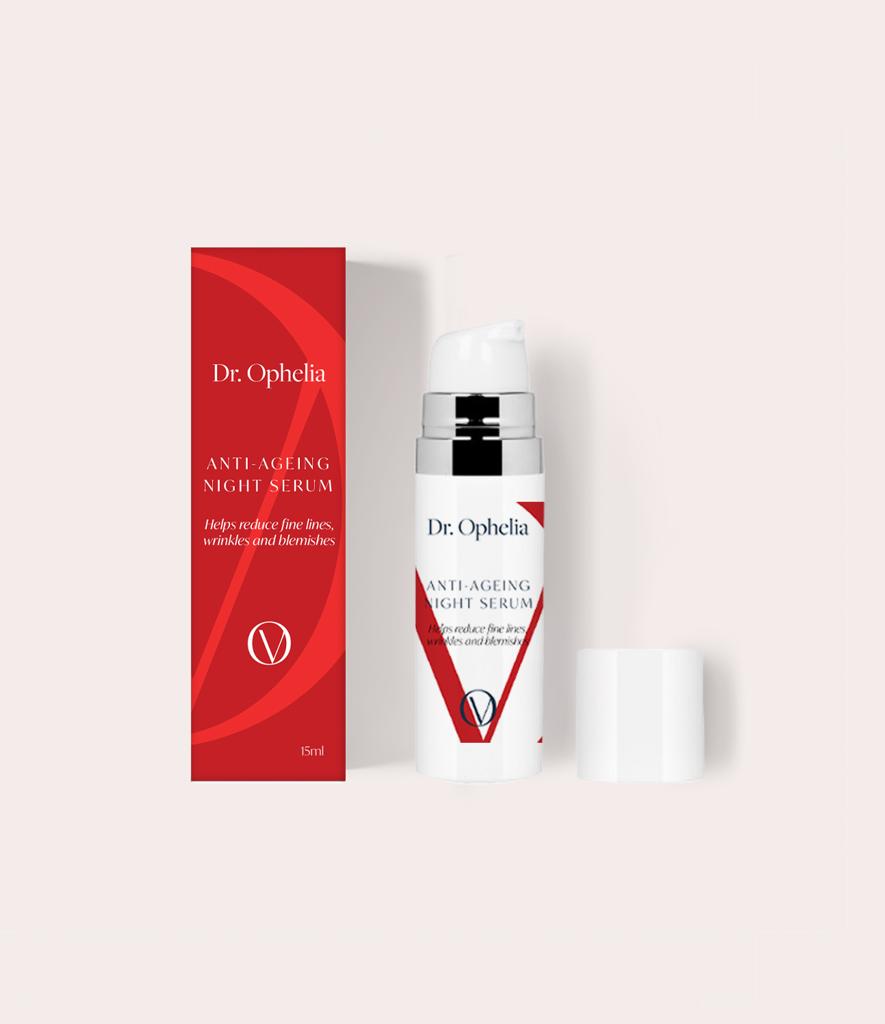
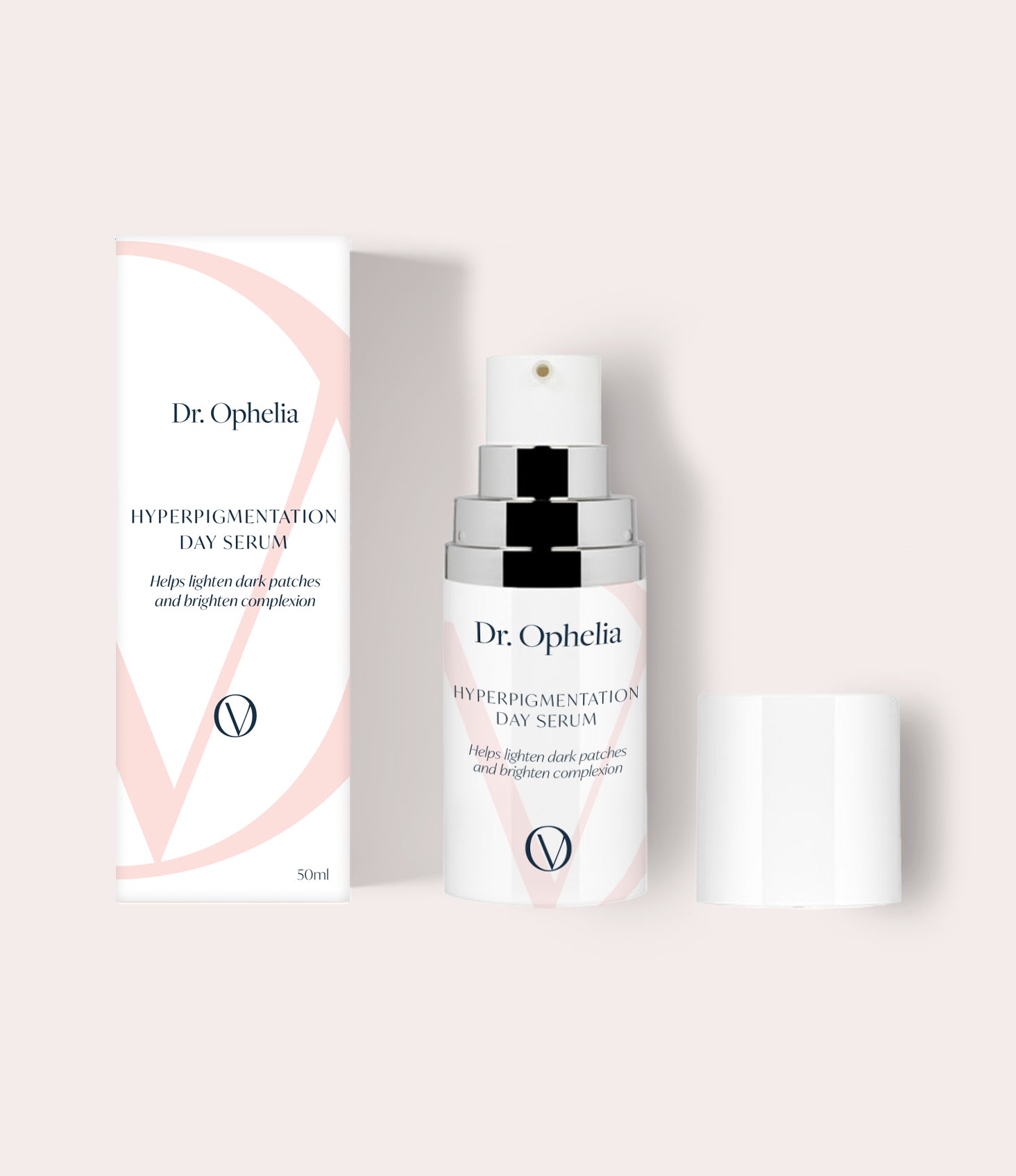
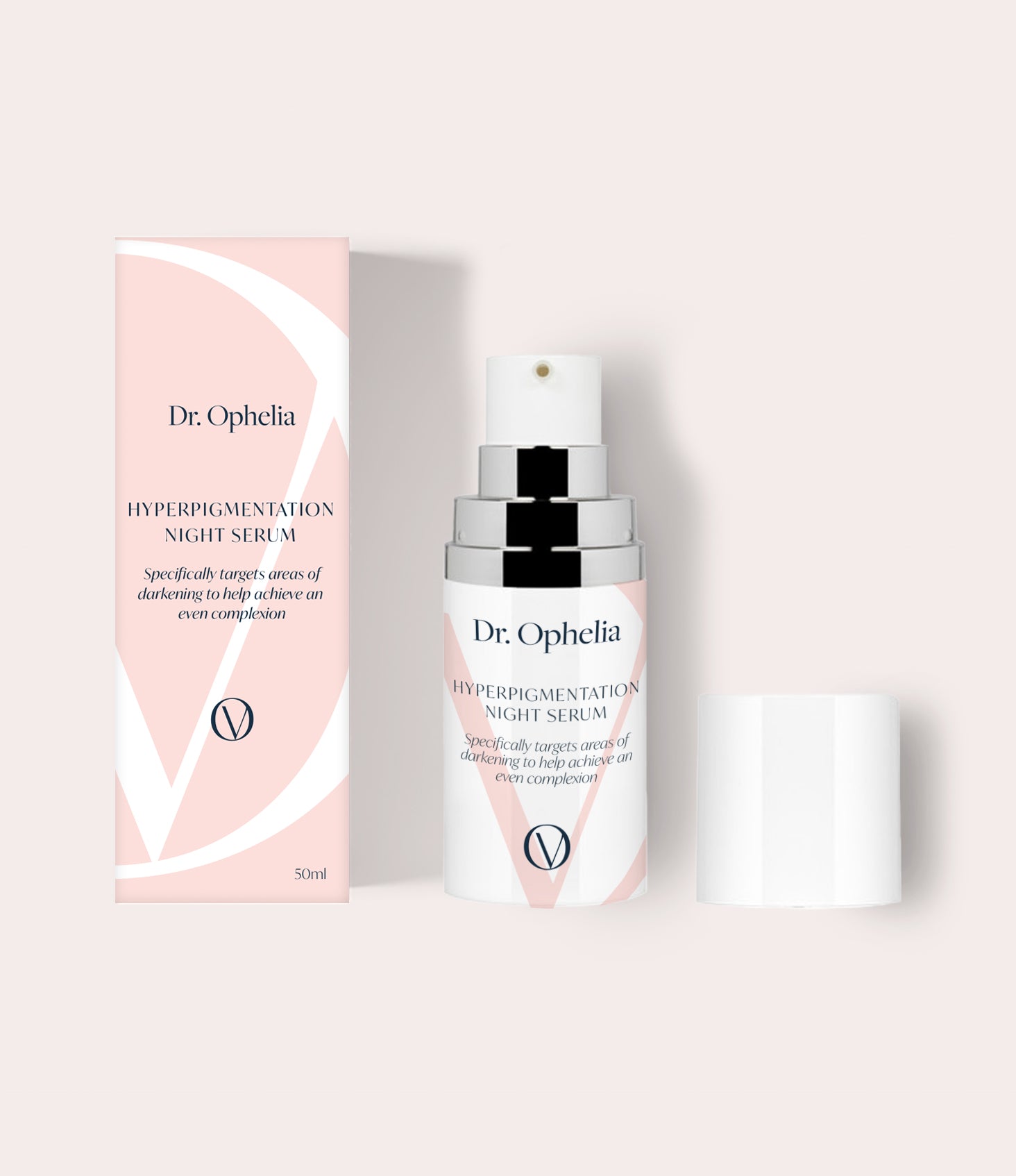
Leave a comment
This site is protected by hCaptcha and the hCaptcha Privacy Policy and Terms of Service apply.